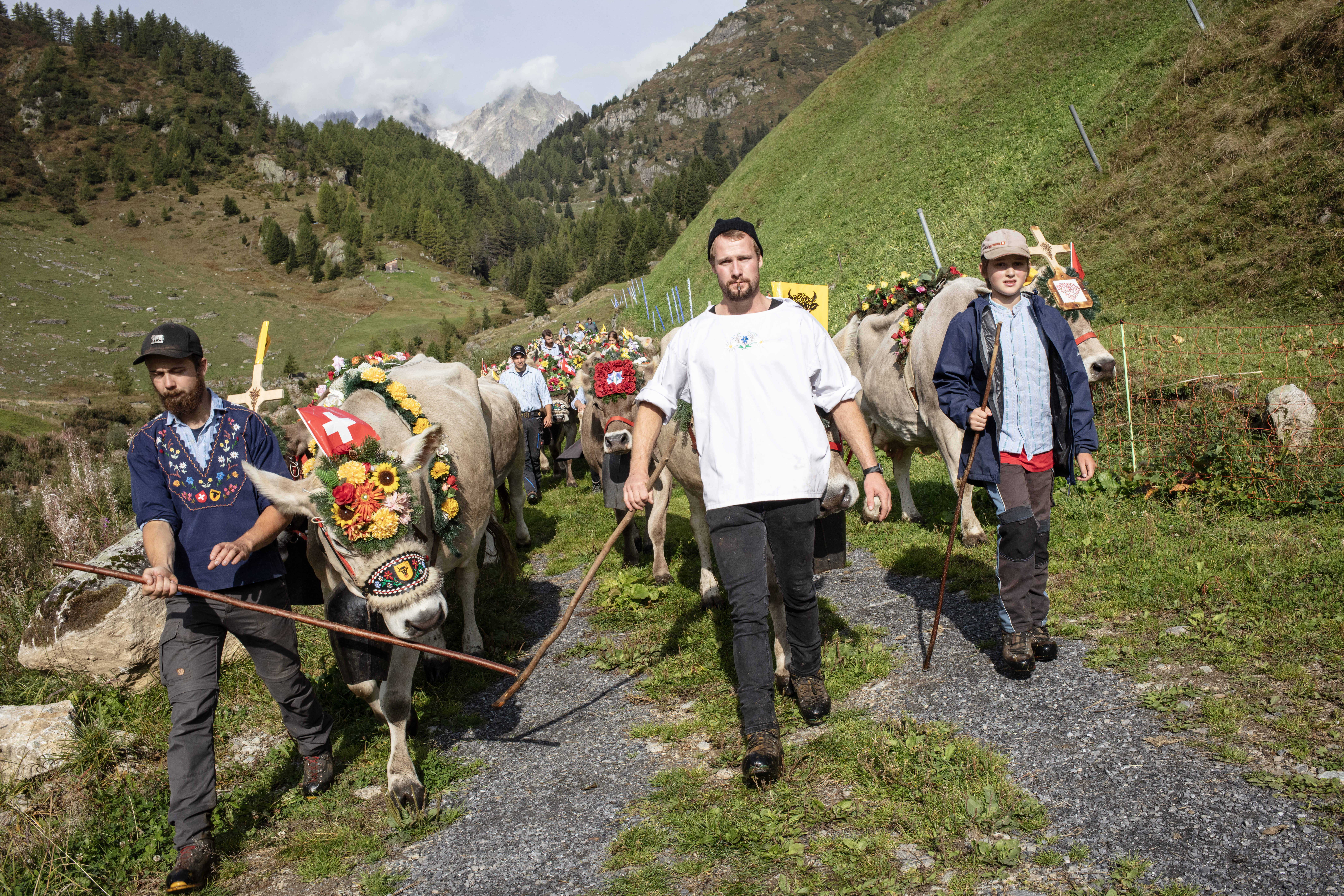
Swiss abduction reflects violence in Mexico

The abduction of a Swiss businessman in the Mexican town of Cuernavaca is the latest in a series of kidnappings in a region plagued by a drug cartel war.
The Jura man, who heads a Swiss company in Mexico, has been missing for a month.
The Swiss embassy in Mexico’s political adviser, Mirko Giulietti, said the embassy was following the case and was “in permanent contact” with the family, police, judicial and Morelos state authorities.
It may be the first Swiss kidnapping in the country for a long time, but abductions have been becoming increasingly commonplace in the past few years. It is part of the increase in violence that accompanies the drug trafficking that has prevailed in much of Mexico since 2007.
The situation is a result of a policy pursued by Mexican President Felipe Calderon. When he came to power four years ago, he declared war on drug traffickers. His offensive has caused deep divisions within the drug cartels, who began fighting among themselves to seize territories controlled by rival gangs.
Overrun with violence
Cuernavaca managed to avoid this wave of violence until then end of 2008. Until then, it remained a quiet resort town, popular with foreign students learning Spanish and weekend visitors from Mexico City.
No one imagined that one day the so-called “city of endless spring”, located 80 kilometres south of the capital, would also be caught up in the fierce struggle between drug traffickers. Everyone thought the violence would stay confined to the northern border with the United States.
But from 2009 the authorities started seeing signs of drug traffickers in the city. In December of that year, Arturo Beltran Leyva, a leader of a major drug cartel, was killed by the navy in a luxury residential complex north of the city.
His death immediately split the cartel into two sides that have launched a bloody struggle for control of distribution, sale and delivery of drugs from the port of Acapulco.
By the end of 2010, the state of Morelos and its capital Cuernavaca had notched up more than 300 deaths and summary executions related to drug trafficking and organised crime. That figure that may also include a number of crimes perpetrated by citizens resorting to copy-cat violence, knowing they will not be troubled considering the impunity and corruption that is rife in Mexico.
Daily life
The presence of drug traffickers has affected the daily lives of in Cuernavaca residents. Drivers are regularly stopped at army and police checkpoints.
The drug traffickers also add pressure. Last March, gunmen managed to enforce a curfew, announced via Facebook and Twitter, which stopped people from going out for fear of being caught in the crossfire.
However, locals in Cuernavaca are rarely witnesses or victims of the violence and most learn about it mainly through sensationalised media reports.
It’s within this context that the Swiss industrialist who has lived in Mexico for over 20 years was abducted. So commonplace is violence here that even this event seems not to have panicked the Swiss who live in this city.
One man in daily contact with fellow expats told swissinfo.ch this is “an isolated incident which isn’t a real cause for concern, even though we are talking about it among ourselves”.
For most Swiss, life goes on more or less as usual although it hasn’t stopped some from taking precautions. The situation is not new since Cuernavaca has suffered unprecedented waves of kidnappings since the 1990s. And while numbers dropped off after the year 2000, the abductions never actually stopped.
Kidnapping industry
The phenomenon recently experienced exponential growth, not only in the state of Morelos, but across the country. In the past four years abductions have gone up by 200 per cent, according to government sources.
Officially, the authorities counted 1,140 kidnappings in 2010 – well below the actual estimated figure, as 80 per cent of cases are not reported.
For Eduardo Gallo, director of the non-governmental organisation Mexico United against Crime, this means “there could be some 10,000 kidnappings a year in Mexico”.
That figure doesn’t include the quickie kidnappings: a phenomenon in which people are abducted for a few days or hours while their apartment is raided and their bank account emptied.
Cuernavaca, the capital of the state of Morelos, has about 350,000 inhabitants (or 700,000 live when the vast suburbs are included).
Some 5,200 Swiss citizens live in Mexico, half of them in the capital Mexico City. Around 200 Swiss live in Morelos, mainly in the cities of Cuernavaca and Cuautla.
Over the past four years, the daily clashes between security forces and drug traffickers and cartels have killed more than 34,000 people, according to the Mexican National Security Council. Since the beginning of President Calderon’s six-year term, 2010 was the most violent year with 15,273 murders linked to organised crime, 58% more than in 2009.
In addition to the violence generated by drug dealers, kidnapping, armed robbery and defrauding of individuals and businesses have all increased sharply during the first four years of Mexican President Felipe Calderon’s six-year term.
Faced with the upsurge in crime, including kidnappings, business leaders must take security measures such as shielding their cars, hiring bodyguards for themselves and their families and using private security for their businesses.
The Confederation of Industrial Chambers of Mexico says annually every Mexican spends an average of SFr800 on security, totalling around 7% of GDP.
(Translated from French by Jessica Dacey)

In compliance with the JTI standards
More: SWI swissinfo.ch certified by the Journalism Trust Initiative






























You can find an overview of ongoing debates with our journalists here . Please join us!
If you want to start a conversation about a topic raised in this article or want to report factual errors, email us at english@swissinfo.ch.